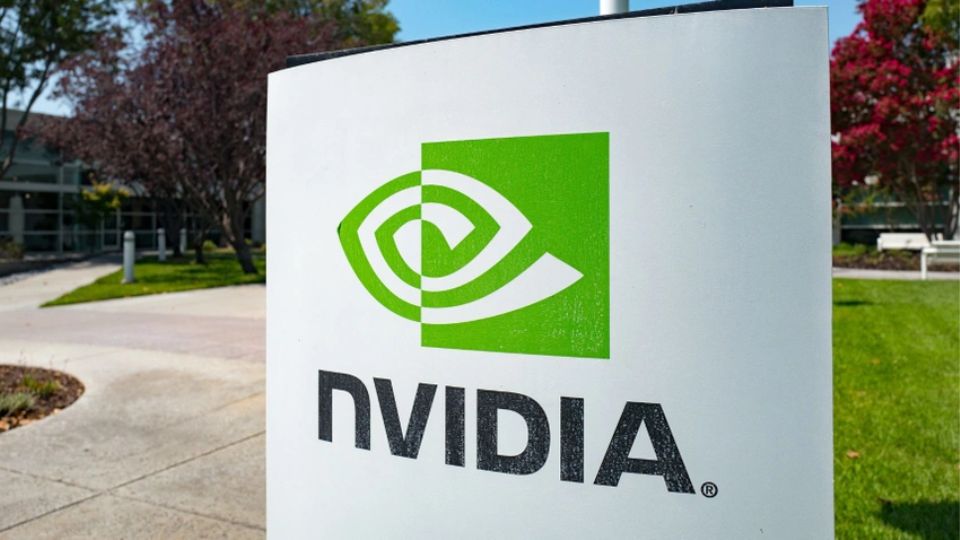Nvidia is collaborating with Georgia Tech’s College of Engineering to create a special AI supercomputer specifically for students. The project called AI Makerspace allows undergraduate students to use advanced hardware that was previously only available to researchers.
Students will have the opportunity to use a computing cluster that includes 20 Nvidia HGX H100s. This cluster has a total of 160 GPUs, which are powerful enough to support advanced AI and machine learning projects. The university says that a single GPU can do a multiplication in one second, while it would take 50,000 students 22 years to do the same.
“The AI Makerspace will offer a technological improvement similar to upgrading from an etch-a-sketch to an iPad,” said Arijit Raychowdhury, a professor and the Steve W. Chaddick school chair of electrical and computer engineering. “The AI Makerspace provides students with a significant level of difference in technology,”
Georgia Tech has created an online cluster that students can use to learn and practice AI. It is like a digital sandbox where students can explore and use AI in their classroom.
Also Read: A Man From Pennsylvania Sentenced to Nine Years for Drug Trafficking
So far, only undergraduate students in the university’s machine learning course have been able to use the hardware for experimenting and prototyping ideas. By the time fall 2024 comes, the Makerspace will be included in the curriculum of all eight engineering schools at Georgia Tech. By 2025, all Georgia Tech engineering undergraduate and graduate students will be able to access it.
In 2026, the university will launch a sandbox that uses augmented reality and virtual reality. It will be powered by Omniverse, which is Nvidia’s platform for creating mixed-reality applications.
Georgia Tech students will have the opportunity to participate in practical AI training courses offered by Nvidia’s Deep Learning Institute. They will also have access to workshops, teaching kits, and certifications.
“AI supercomputers offer a platform to support important new findings that could help solve some of the world’s toughest problems,” explained Cheryl Martin, Nvidia’s director of higher education and research. “Georgia Tech’s AI Makerspace will give students the opportunity to use NVIDIA’s powerful computing platform, which will help them explore and advance their knowledge and research in the field of AI.”
Raheem Beyah, the dean of the college, stated that with Nvidia’s assistance, the students have an opportunity to make important contributions and take a leading role in the rapidly changing field of AI. Georgia Tech’s Partnership for an Advanced Computing Environment (PACE) is helping students by providing infrastructure support. This support includes giving them the necessary tools and assistance to make the most of the cluster.
PACE plans to create “smart interfaces” that will help students of all backgrounds and skill levels make the most of the computing power available.
Bradley Shimmin, who is the chief analyst for AI and data analytics at research firm Omdia, said that the partnership between Georgia Tech and another organization should be praised because it will definitely help the students at Georgia Tech learn faster.
“I am very impressed by the programs that are already being developed for this new supercomputing platform. One program that stands out is the university’s ‘AI for Engineering’ curriculum. It will prioritize practical applications of AI in real-world scenarios, rather than just theoretical discussions,” Shimmin said.
Shimmin pointed out that although the project is selfless, it also serves as a valuable and long-lasting introduction to Nvidia AI technology stack. This introduction is likely to have an impact on students as they start working after graduation.



Leave a Reply